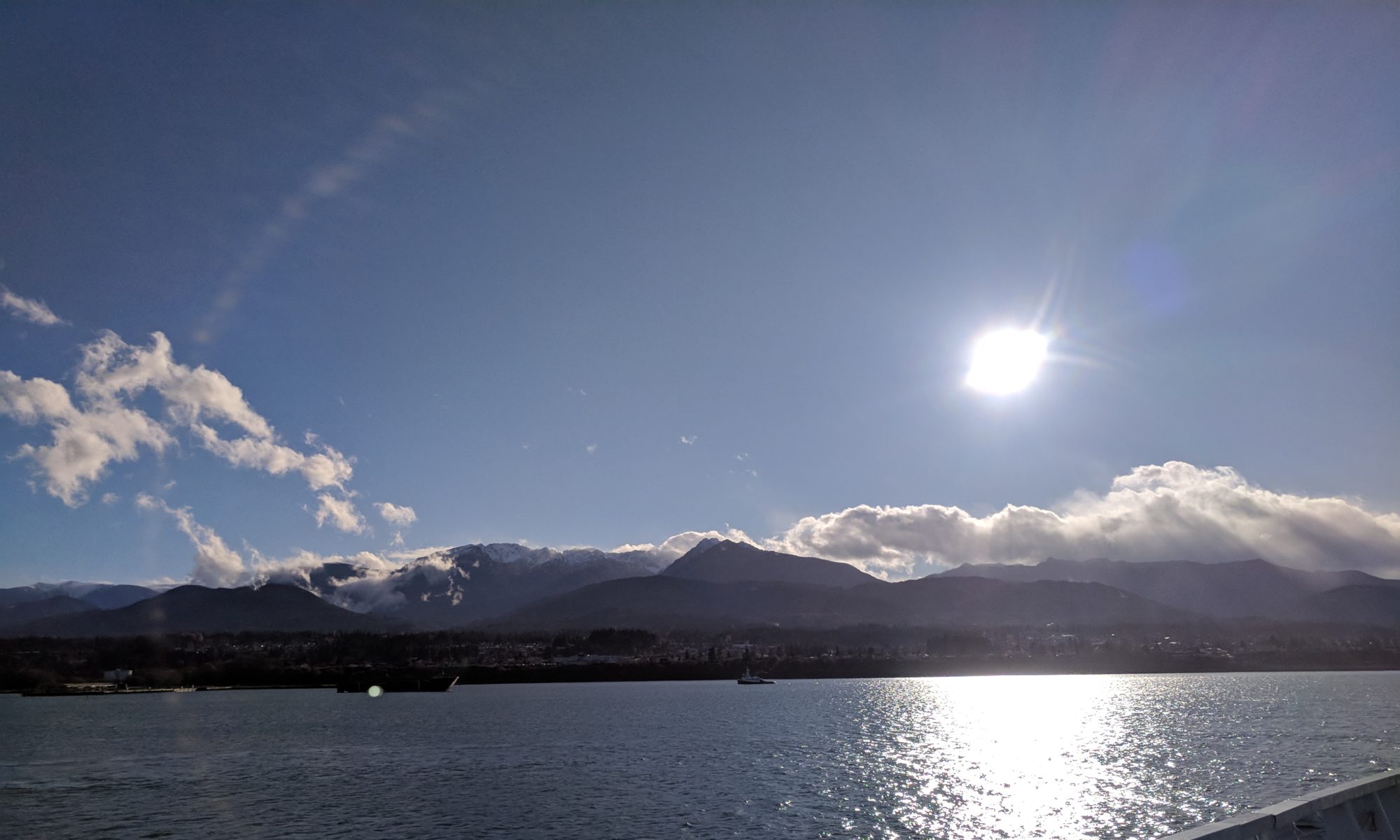I touched base with a friend that I hadn’t spoken, er… emailed with in two years. A lot has changed for us in that time. Both is us have lost our fathers to cancer. Both have been working through addiction and mental health issues, and we’ve also been processing what we did during our time in the Marines. Even 20-ish years after the fact, we’re still wrestling and working to understand what we did and what it meant (did) to us and what the global implications might be.
Of course, it’s not so much an assumption that any of our individual actions were of global significance—neither of our egos are that big. Rather, it’s coming to grips with the roles that we played in the U.S.’s terrible, irresponsible, and inhumane actions taken in the name of protecting the rich, made richer with the spoils of conflict, under the lying banner of protecting freedom. On a nearly daily basis, I struggle with having been a cog in that machine. While I committed no war crimes, did not directly kill or injure anyone, I was a key player as a support team member. In addition to helping patrols violently round up innocent people, taking notebooks purported to be terrorist plots (they were chemistry, physics, and calculus notes and homework), and reading love poems believed to be plots to take down the Americans.
What does all that have to do with getting sober? Well, for one, with sobriety, I’m able to look at this history with clear eyes. Admittedly, there is some shading from history and nostalgia, but the haze of alcohol wrecks my ability to actually sit with that pain and struggle. Clarity serves to surface the pain, but my sober mind is the thing that keeps me from falling off the edge of the world. I do end up feeling wrecked for several hours after really contemplating, if not days, but in the end, there’s a deeper sense of understanding.
At the end of the day yesterday, I spent awhile talking to my partner about our conversation. As we met each other while I was in the Marines, they also know my friend and my friend’s partner. We had a really nice discussion, even if some of it was unpleasant. Perhaps the worst part was that my partner, in hearing the struggles that my friend has been going through, felt very worried that I’d be heading along the same path, as much of our stories overlap. While I can’t say it won’t happen, seeing their recovery gives me a lot of hope. Further more, they were very encouraging and, as I’ve read, my friend pointed out that our discussion was as helpful for them as it was for me. I guess my point is that while I can’t guarantee it won’t get worse, that conversation with my strongest connection to my time in the service showed that there’s hope and perhaps more importantly, I’m not alone.
You’re not alone. We’re not alone.
If you’re anything like me, you do feel alone. Much of your drinking life was your social network and when you cut out drinking, those friends faded away, leaving a big gap. I’ve made a mistake in not working to fill that gap in and have ended up putting all that weight of space on my family. My phone call reminded me that I’ve really been lacking in building a friend network outside of work and bars/breweries/home brew clubs. Even though I am working to push very hard against the idea that we must hide our personal and mental struggles at work, it’s a long living pattern to break and even when it’s acceptable to talk more openly and honestly about our those personal aspects of our lives that inevitably affect our work routines, I still struggle to believe that work is the appropriate place to seek support. Instead, I’ve learned that I do need to be more intentional in seeking out friendships on my own, rather than stumbling into them (though serendipitous friends are always welcome!) or relying on my partner to make the friends first. But I do need an action plan.
How does one go about making new friends as an adult, outside of work? I don’t really know; but that lack of knowledge isn’t going to kill my curiosity. I’m going to be spending the next several weeks seeking out answers for that “how?” question. I hope you’re also on your way to building a new network or deepening those connections you already have. If you’re like me, in the early stages of this, let’s work together to do this. You’re not alone. We’re not alone. We may not know each other, but I know your life is worth living and that you’re worthy of love and caring, even if you feel the opposite. I know that because if I’m still here in spite of the terrible things I’ve done to strangers and friends and family, there’s a path to healing for everyone. If people like Viktor Frankl can survive human-originated atrocities and come out finding hope and reason in life, so can we. Let’s all work to seek out those that truly care for us and dedicate ourselves to sharing that same love and care for others. And for ourselves. It will get better. It has to get better. But we can only get through it by continuing to live, whether it’s a life of active action or hiding under the sheets for a day, staying here on earth is the only way to keep going.
I wish you all the best.



